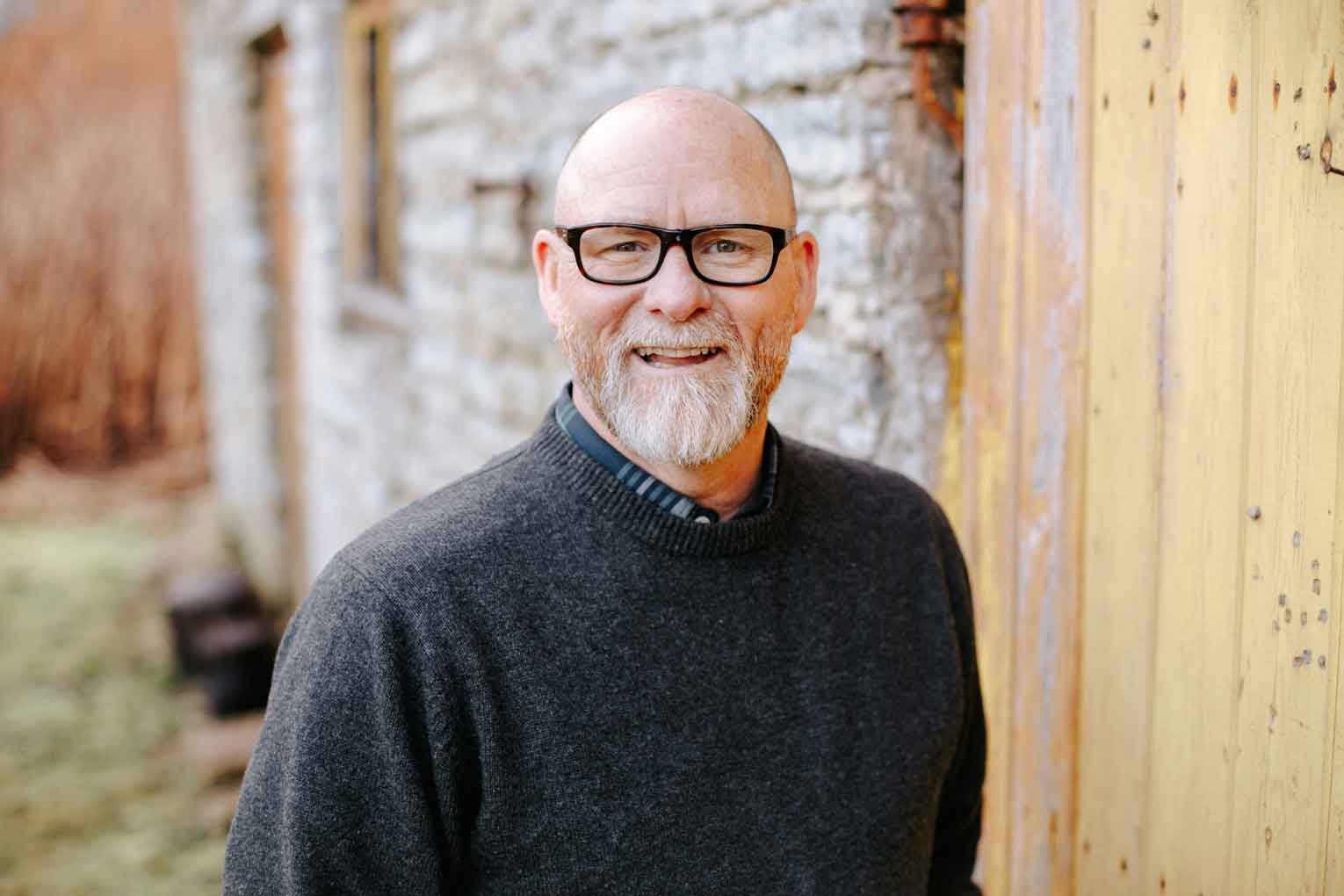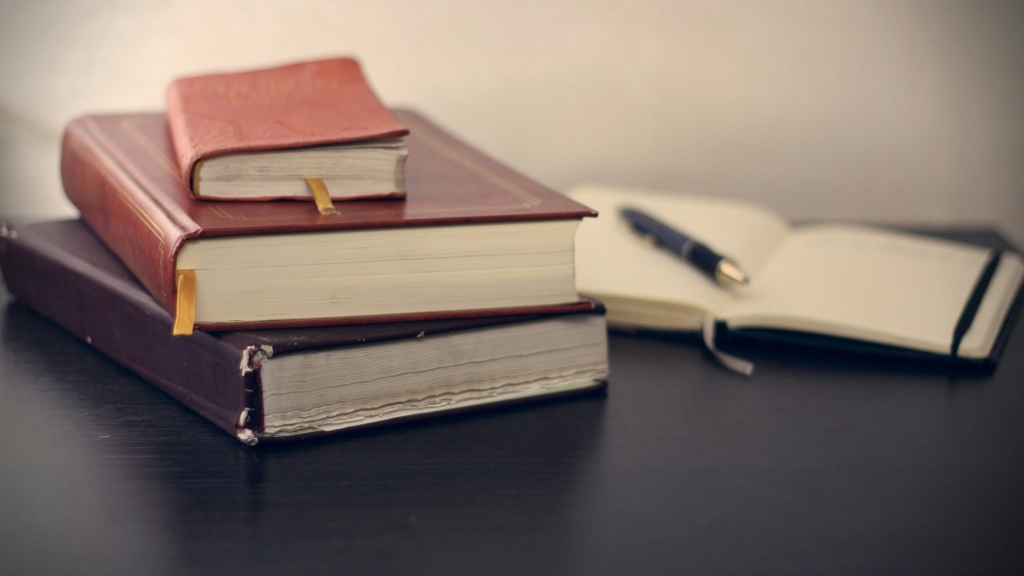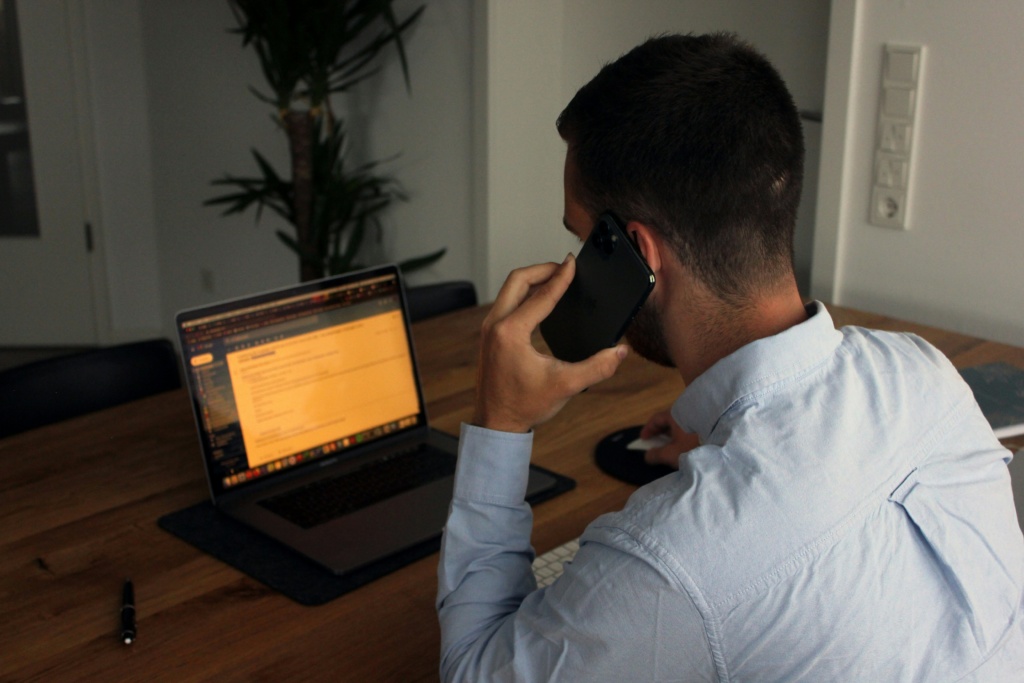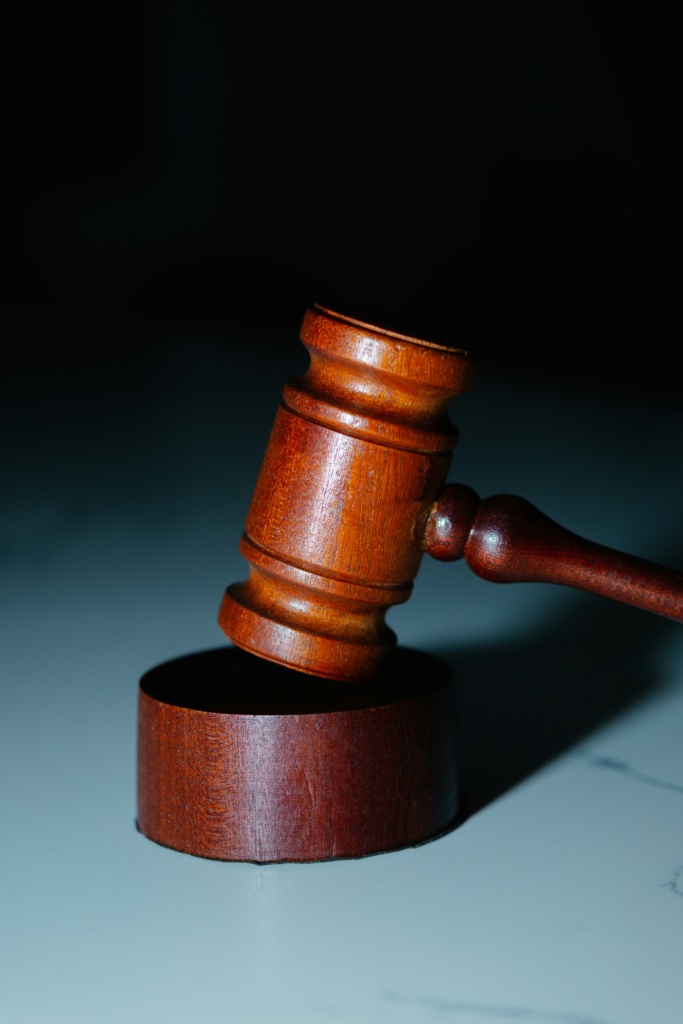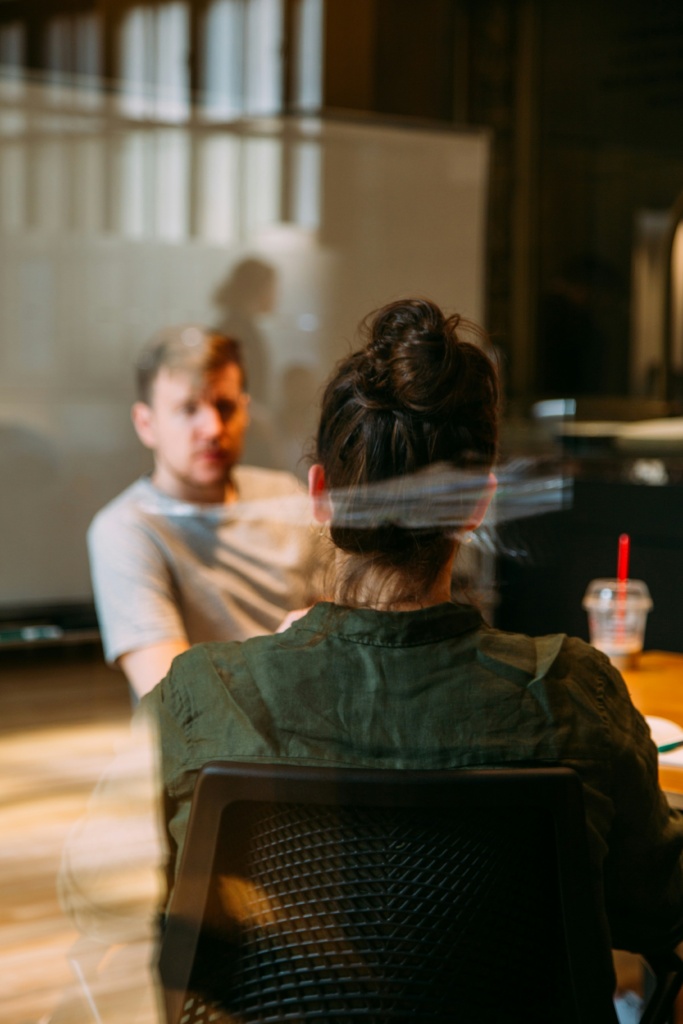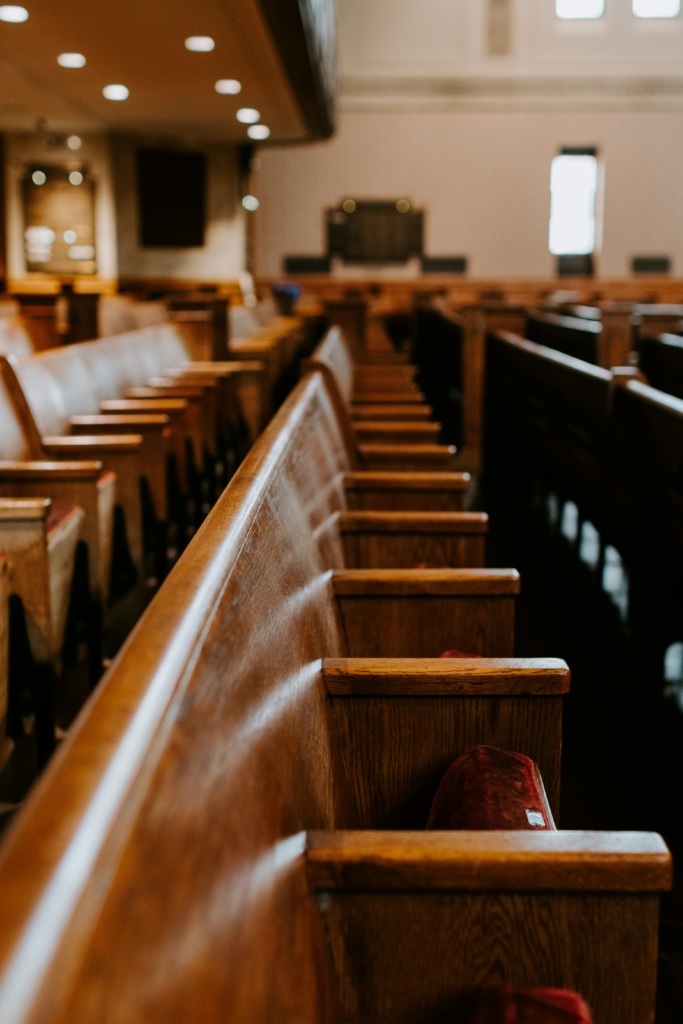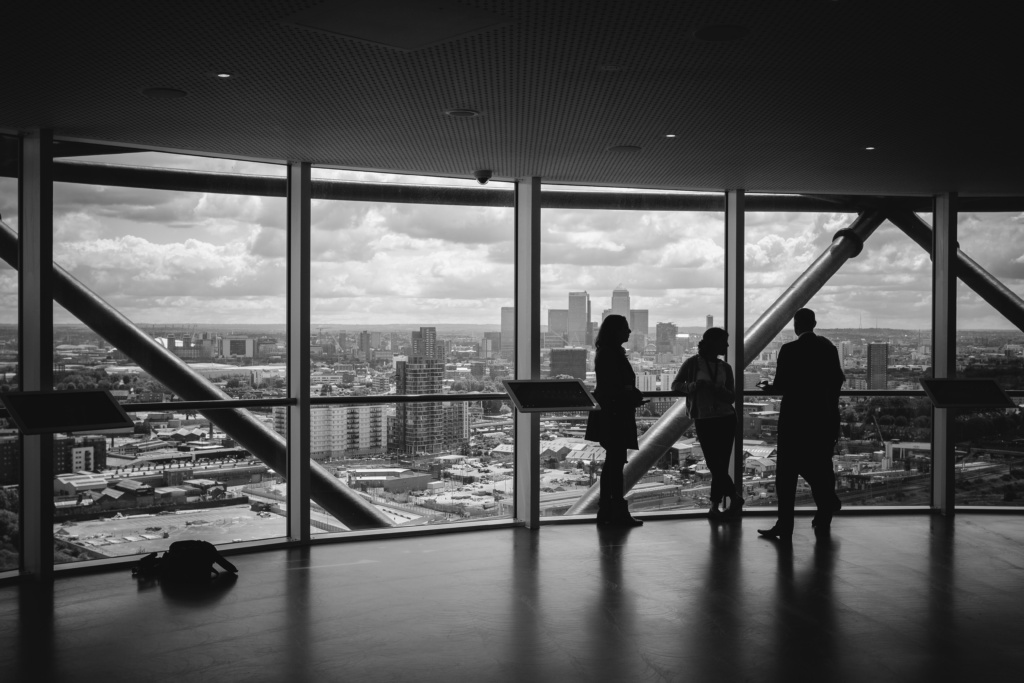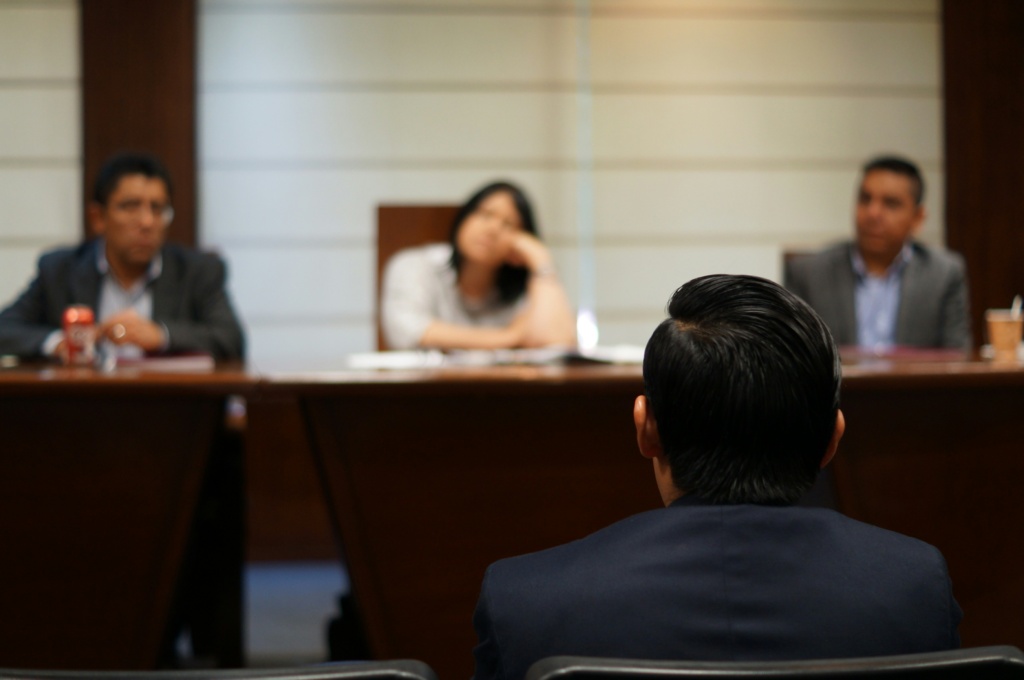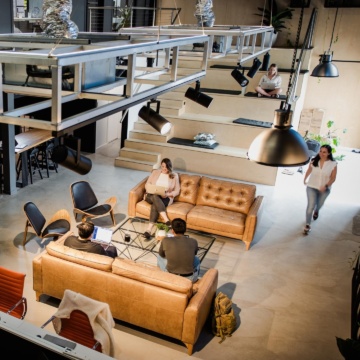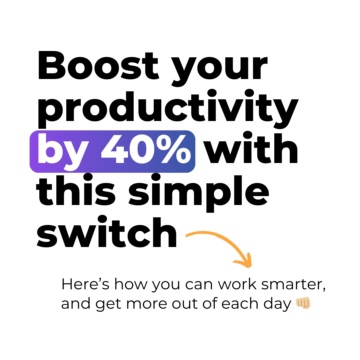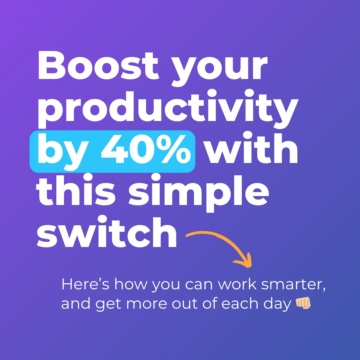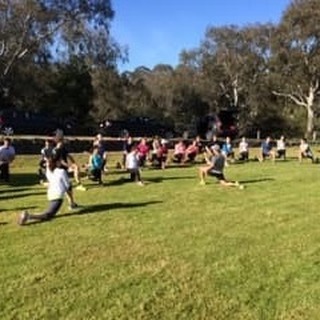Understanding the Protection Visa Application Process
Applying for a protection visa is one of the most sensitive legal processes in Australia’s immigration system. These applications are typically made by individuals who fear harm in their home country and seek safety and legal protection in Australia.
Because of what’s at stake, protection visa applications must be prepared thoroughly and in accordance with strict legal criteria. The claims made must be well-founded, credible, and supported by the appropriate evidence. Even minor errors or omissions can lead to refusal or unnecessary delays.
We understand the emotional and legal difficulties involved in protection visa matters. Our team provides clear, professional advice to help you understand your position, your rights, and the pathway forward. We work closely with individuals and families across Brisbane and Australia, providing legal support that is efficient, empathetic, and focused on results.
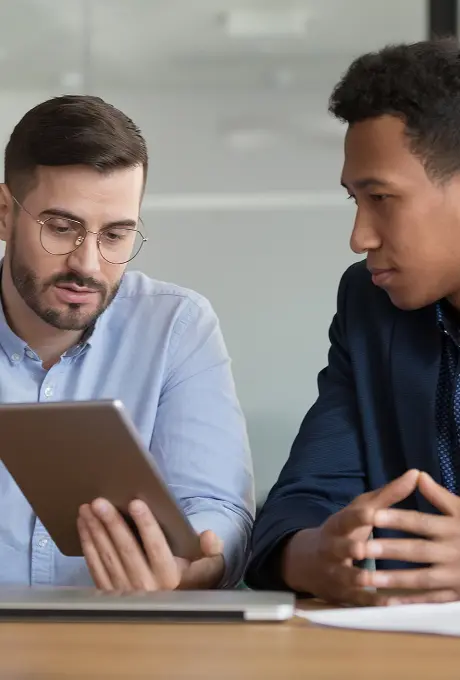
What Is a Protection Visa?
A protection visa is designed for individuals who fear persecution, harm, or serious human rights violations in their home country. If granted, it allows you to remain lawfully in Australia as a refugee or under complementary protection grounds, offering the right to live, work, and study without fear of return.
The most common type is the Protection Visa (Subclass 866), which is available to people who are already in Australia on a valid visa. Applicants must meet strict criteria under the Refugee Convention or be eligible for protection under Australia’s international human rights obligations.
To be successful, an application must show:
- A well-founded fear of persecution due to race, religion, nationality, political opinion, or membership of a particular social group; or
- A real risk of significant harm if returned to your home country
Applications are complex and require detailed written statements, supporting evidence, and often interviews with the Department of Home Affairs. Accuracy and consistency are critical. If you believe you or your family may be eligible for protection in Australia, it is essential to seek professional legal advice as early as possible.
Why Do You Need a Lawyer for Protection Visas?
Protection visa applications involve some of the most legally complex and emotionally difficult circumstances in Australian immigration law. The consequences of a refusal can be life-changing, which is why professional legal support is critical.
Before deciding to lodge an application on your own, ask yourself:
- Do I fully understand the legal definition of persecution and how it applies to my situation
- Can I clearly explain my reasons for seeking protection, in a way that meets immigration law standards?
- Do I know what evidence is required to support my claims, and how to gather it?
- Am I prepared for an interview with the Department of Home Affairs?
- What are my options if my visa is refused or delayed?
- Do I know what conditions I must follow while waiting for a decision?
If you are unsure about any of these questions, it may be time to speak with a protection visa lawyer. We provide practical advice and strong legal representation to help you avoid common pitfalls and give your case the best chance of success.
Our 3-Step Protection Visa Application Process
Step 1: Book a Free Consultation
Start by speaking with one of our experienced immigration lawyers. In this no-cost consultation, you’ll have the chance to explain your circumstances and ask any immediate questions.
Step 2: Receive Initial Free Advice
We’ll provide preliminary legal guidance based on your situation. You’ll understand whether you may be eligible for a protection visa, what your next steps should be, and what risks or challenges you may face.
Step 3: Engage Our Services
If you decide to move forward, we’ll begin preparing your application. This includes gathering evidence, preparing legal submissions, managing deadlines, and communicating with the Department of Home Affairs on your behalf.
Why Choose Sambi Legal for Your Protection Visa Application?
Our team understands that protection visa matters are about more than paperwork; they’re about safety, stability, and the right to live without fear. Our lawyers approach every case with care, clarity, and commitment to legal excellence.
We’ve helped individuals and families across Brisbane and Australia apply for protection visas and respond to refusals. With experience in immigration and administrative law, we’re equipped to handle even the most complex matters
Specialised in Protection and Appeal Cases
We have specific experience assisting clients with protection visa applications, visa refusals, and appeals. Our team understands the legal and procedural challenges and how to present strong, credible claims.
Results-Focused Legal Strategy
Our focus is on achieving the best possible outcome for every client. We take a strategic, detail-oriented approach to every matter, ensuring that your application is supported by strong evidence and clear legal reasoning.
Culturally Sensitive and Respectful Team
We recognise the diverse backgrounds and sensitive situations of those seeking protection. You’ll be treated with respect, empathy, and confidentiality at all times.
Affordable, Transparent Fees
Our pricing is clear and competitive, with no hidden costs. We also offer a free initial consultation so you can get advice without financial pressure.
Australia-Wide Representation
Although based in Brisbane, we work with clients throughout Australia. From major cities to regional areas, we can assist you remotely or in person.
Frequently Asked Questions
Who can apply for a protection visa in Australia?
You may be eligible for a protection visa if you are in Australia and fear persecution or serious harm in your home country. You must be on a valid visa at the time of application and meet specific legal criteria under the Refugee Convention or complementary protection obligations.
What’s the difference between refugee protection and complementary protection?
Refugee protection applies when you face persecution based on race, religion, nationality, political opinion, or membership of a particular social group. Complementary protection applies when there is a real risk of serious harm, such as torture or inhumane treatment, even if it doesn’t fall under traditional refugee grounds.
Can I work or study while my protection visa is being processed?
In many cases, yes. If you are granted a Bridging Visa while waiting for a decision, you may be given the right to work or study. However, conditions vary depending on your specific visa status. Legal advice can help clarify your entitlements.
What happens if my protection visa application is refused?
If your application is refused, you may have the right to appeal the decision to the Administrative Review Tribunal (ART). Time limits apply, so it is important to act quickly. Sambi Legal can assist with assessing your options and preparing an appeal.
How long does a protection visa application take to process?
Processing times can vary widely based on the complexity of the case and the Department of Home Affairs’ caseload. Some matters are resolved in months, while others may take longer. Providing accurate and complete information can help avoid unnecessary delays.
If you’re dealing with a legal issue and aren’t sure where to start, we’re here to help. Contact Sambi Legal today to arrange your free initial consultation. We’ll listen to your concerns, explain your options, and help you decide on the next steps.
"*" indicates required fields
